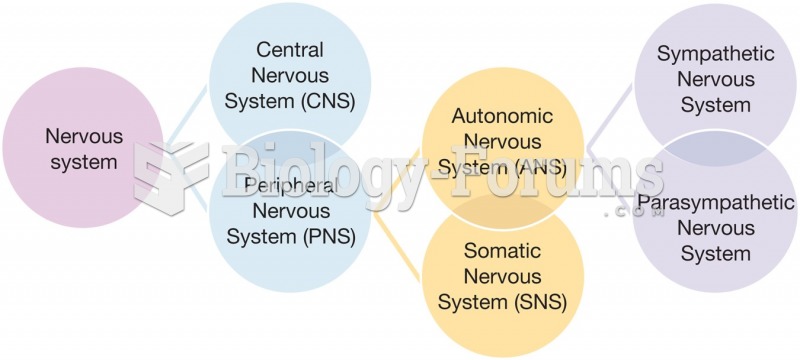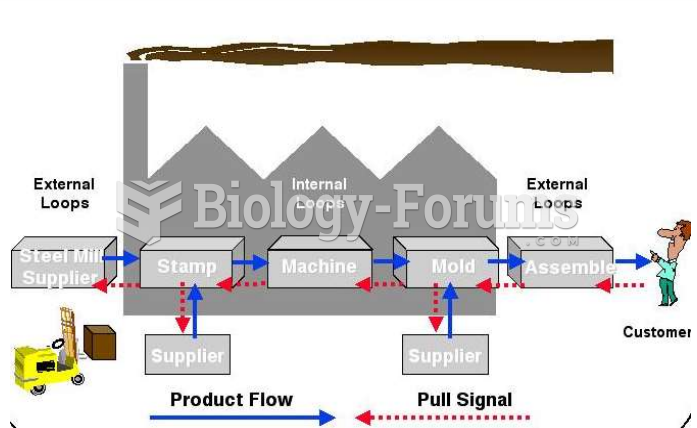|
|
|
Did you know?
There are actually 60 minerals, 16 vitamins, 12 essential amino acids, and three essential fatty acids that your body needs every day.
Did you know?
Women are 50% to 75% more likely than men to experience an adverse drug reaction.
Did you know?
Excessive alcohol use costs the country approximately $235 billion every year.
Did you know?
To prove that stomach ulcers were caused by bacteria and not by stress, a researcher consumed an entire laboratory beaker full of bacterial culture. After this, he did indeed develop stomach ulcers, and won the Nobel Prize for his discovery.
Did you know?
There are more bacteria in your mouth than there are people in the world.







